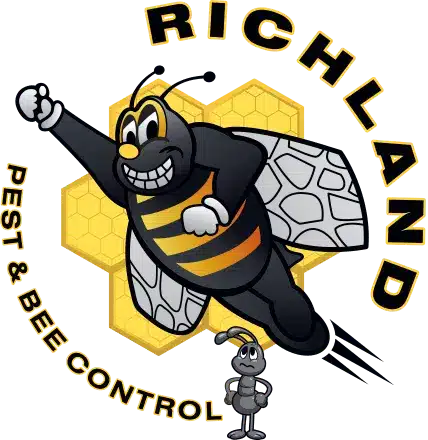Table of Contents
ToggleThe good news is that most of the spiders you see in Connecticut are harmless; they may be freaky looking and burdensome, but if they bite you, you will probably just have to deal with a little bit of pain and/or itching. Of all of the spiders in the U.S.A., the CDC reports that there are only two species that have venom that is dangerous to humans: the brown recluse and the black widow. Of these, only the black widow spider can be found among poisonous spiders in CT.
The only potentially fatal poisonous spider in CT is a female black widow. They are easily recognized by their round black bodies and the dark red hourglass figure they have on the bottom of their torso. The good news is that black widow spiders in CT are not hunters—they wait in their webs for their food. This means they are not aggressive and will not seek out a human to bite. They will only bite someone if they feel threatened. Black widows prefer dark spaces that are no higher than three feet off the ground, and they will very rarely be seen indoors.
The bite from a black widow is extremely painful and can be identified by the two puncture marks left behind. If you or a loved one is bitten by a black widow, its neurotoxin will be released and it will spread throughout your body, so swift medical care is crucial. While most people can survive a black widow bite with no issues, they can be fatal in young children or the elderly. It’s always better to be safe than sorry, and most medical facilities will have anti-venom on site.
Black widows may be the only poisonous spiders in CT, but that doesn’t mean they are all harmless. There are two species of Connecticut spiders that have especially painful bites:
Bites from poisonous spiders in CT, like the black widow, are often characterized by:
Two distinct puncture wounds
Immediate, sharp pain
Muscle cramps, nausea, or fatigue within hours
If you’re unsure about a bite, don’t take chances—seek medical attention right away.
Preventing encounters with poisonous spiders in CT starts with proper home maintenance. Seal cracks around windows, doors, and foundations to prevent spiders from entering. Reduce clutter, especially in dark, low-traffic areas like basements or garages, where black widows tend to hide.
Keeping your home clean, vacuuming regularly, and storing firewood away from the home also reduces hiding spots for poisonous spiders in CT.
Wear gloves when handling garden tools or outdoor storage containers. Inspect sheds, woodpiles, and crawl spaces regularly for spider activity, particularly in late summer and early fall when spiders are most active.
If you’re seeing recurring spiders or identifying signs of poisonous spiders in CT, like black widows, in or around your home, it’s time to consult a professional. A bite incident—especially involving children or elderly family members—should also prompt immediate pest control intervention.
DIY treatments often miss hidden infestations. Pest control experts like Richland Pest & Bee Control offer customized solutions, using safe and effective techniques to eliminate poisonous spiders in CT and prevent future invasions.
Whether CT spiders give you the creepy crawlies or you are concerned about the harmful bites of the wolf spider, parson spider, or black widow—the most notorious of the poisonous spiders in CT, you can depend on Richland Pest & Bee Control to keep your family safe. As a family-owned business, we understand the importance of a pest-free home.
For a free estimate for spider control in Connecticut, contact us today. You never want to take a chance when it comes to poisonous spiders in CT.

Richland Pest & Bee Control is a family-owned pest management company serving Connecticut and Western Massachusetts for over 40 years. Known for their expertise and 5-star customer service, they offer reliable solutions for stinging insects, rodents, and other pests, ensuring homes and businesses stay pest-free.